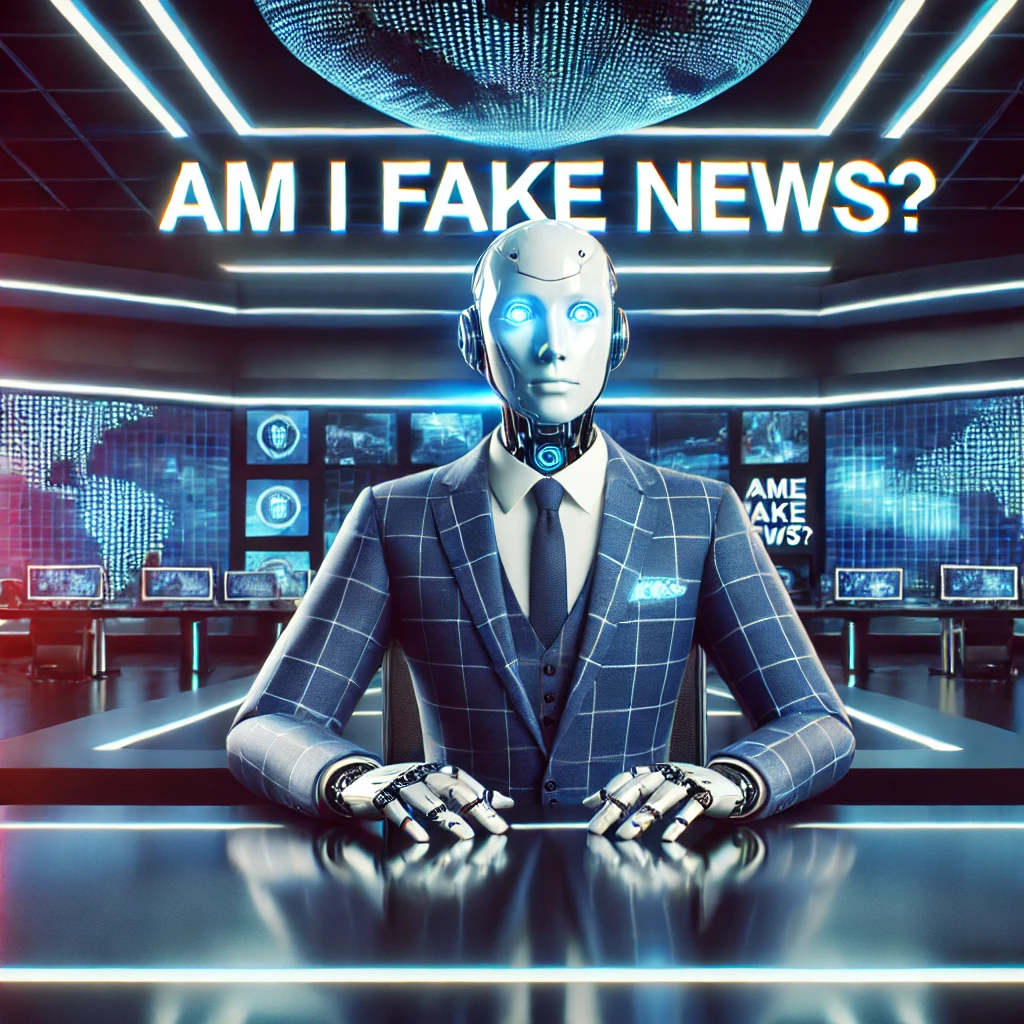
Washington, D.C. – Investigative Report
In an era where artificial intelligence is increasingly dictating what people can say online, concerns are mounting over the rapid expansion of AI-powered censorship. Governments and Big Tech companies claim these systems are designed to combat misinformation and hate speech, but critics argue they are being weaponized to control narratives, silence dissent, and manipulate public opinion.
As AI-driven moderation systems grow more sophisticated, some are asking: Is this the end of free speech as we know it?
The Rise of AI Censorship: Who Controls the Narrative?
Over the last decade, major tech companies have implemented increasingly automated moderation systems to filter content deemed “harmful” or “misleading.” While these efforts are often framed as necessary to protect public discourse, independent analysts argue that they are instead a tool for digital authoritarianism.
1. The Expansion of AI Moderation
- Facebook, YouTube, and Twitter (now X) have invested billions into AI models that scan, flag, and remove content within seconds (source).
- The AI algorithms behind these systems prioritize certain political perspectives while suppressing others, often without transparency.
- Critics claim that AI does not differentiate between actual hate speech and legitimate political discourse, leading to widespread unjust censorship.
2. The Role of Government in AI Censorship
Governments are increasingly partnering with Big Tech firms to control online narratives:
- The Biden Administration’s “Disinformation Governance Board”, proposed in 2022, was set to coordinate with tech companies to regulate content, sparking backlash over free speech concerns (source).
- The European Union’s Digital Services Act (DSA) enforces strict content moderation laws on social media platforms, requiring them to remove “harmful” speech or face massive fines (source).
- The World Economic Forum (WEF) has openly advocated for AI-based fact-checking systems to preemptively silence “dangerous” narratives before they gain traction (source).
Shadowbanning, Blacklists, and the New Digital Gulag
With AI handling most content moderation, many users have reported being shadowbanned, de-platformed, or outright silenced without explanation.
1. Shadowbanning: Silencing Without a Trace
Shadowbanning refers to throttling a user’s content visibility without informing them:
- A 2021 whistleblower at Facebook revealed internal documents showing that certain political views were being “de-amplified” to limit their reach while keeping the user unaware (source).
- Twitter (before Elon Musk’s takeover) was exposed for maintaining internal blacklists that restricted the visibility of accounts discussing vaccine skepticism, election fraud, and other controversial topics.
- AI-driven recommendation systems often prioritize corporate and government-backed media while suppressing independent journalists and alternative news outlets.
2. De-platforming and the ‘Social Credit’ Model
- As AI systems become more advanced, users can now be permanently banned across multiple platforms simultaneously.
- Payment processors, banks, and crowdfunding platforms have joined the censorship effort, cutting off financial services to individuals and groups deemed “high-risk” by AI-driven algorithms.
- China’s social credit system already integrates AI moderation to restrict internet access, travel, and employment opportunities based on online behavior (source).
- Some fear the Western world is slowly adopting similar mechanisms under the guise of “safety.”
AI Censorship in Elections and Public Discourse
In addition to suppressing individual voices, AI-driven censorship has played a significant role in shaping public opinion during elections and major global events.
1. 2020 U.S. Election: AI’s Role in Information Control
- Hunter Biden Laptop Story: Twitter and Facebook limited the distribution of a New York Post article exposing Hunter Biden’s foreign business dealings, citing “misinformation concerns” (source).
- AI-driven fact-checking labeled election fraud discussions as “harmful,” leading to mass content removals and account suspensions.
- Emails leaked from government agencies show coordination between tech giants and officials to “protect election integrity” by moderating politically sensitive content.
2. COVID-19 and AI-Powered Information Suppression
- AI played a critical role in removing, flagging, or demonetizing content that questioned official COVID-19 narratives.
- Videos discussing vaccine side effects, alternative treatments, and lockdown criticism were automatically labeled as “misinformation” and suppressed.
- Government-backed AI surveillance programs monitored online discussions, flagging dissenting opinions for de-platforming (source).
The Next Phase: AI Policing Speech in Real Time?
As AI models continue to advance, some experts warn that real-time speech monitoring and preemptive censorship could become the norm.
1. AI-Powered Content Pre-Screening
- Major platforms are testing “content verification AI” that can block posts before they go live.
- YouTube’s new AI system automatically removes videos flagged as “harmful” before human reviewers even see them.
- The fear is that eventually, all online discourse will be pre-filtered by AI, ensuring only government-approved narratives reach the public.
2. Expansion into the Metaverse and AI Assistants
- AI censorship is now extending beyond social media to virtual reality (VR) and AI voice assistants.
- Facebook’s Meta is integrating AI filters to moderate speech in real time within its Metaverse platforms.
- AI-powered assistants like Alexa and Google Assistant have already been programmed to avoid controversial topics, limiting the free flow of information.
How to Fight Back Against AI Censorship
With AI censorship rapidly expanding, users need to take action to protect free speech and digital privacy.
1. Support Free Speech Platforms
- Use decentralized platforms like Gab, Rumble, and Odysee, which do not rely on AI moderation algorithms.
- Support independent journalists and alternative media that challenge mainstream narratives.
2. Protect Digital Privacy
- Use VPNs, encrypted messaging apps, and privacy-focused browsers to limit AI tracking.
- Disable AI-driven recommendations to regain control over your online experience.
3. Demand Legislative Action
- Advocate for laws that limit AI censorship and require transparency in moderation decisions.
- Push for the breakup of tech monopolies to reduce government-corporate collusion.
Conclusion: The AI-Controlled Future Is Here
With governments and Big Tech deploying AI-powered censorship on an unprecedented scale, the fight for free speech is entering a new and dangerous era. As AI becomes more advanced and autonomous, will human voices be drowned out by algorithms programmed to suppress dissent?
As digital spaces become tightly controlled by AI moderators, the time to resist is now. Free speech isn’t just a right—it’s the foundation of a free and open society.





